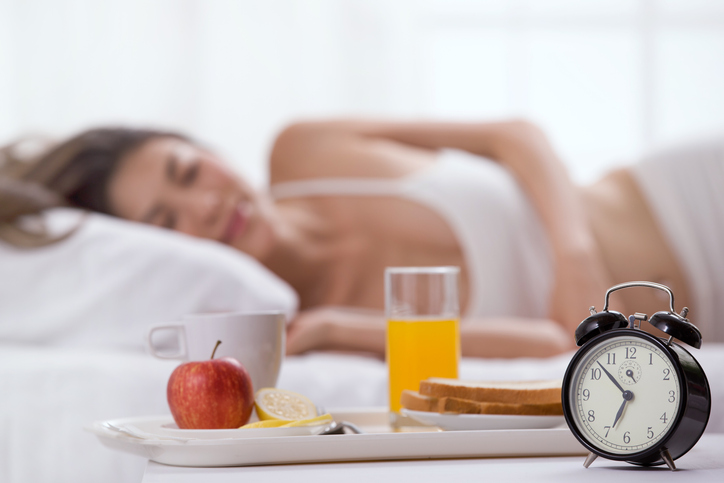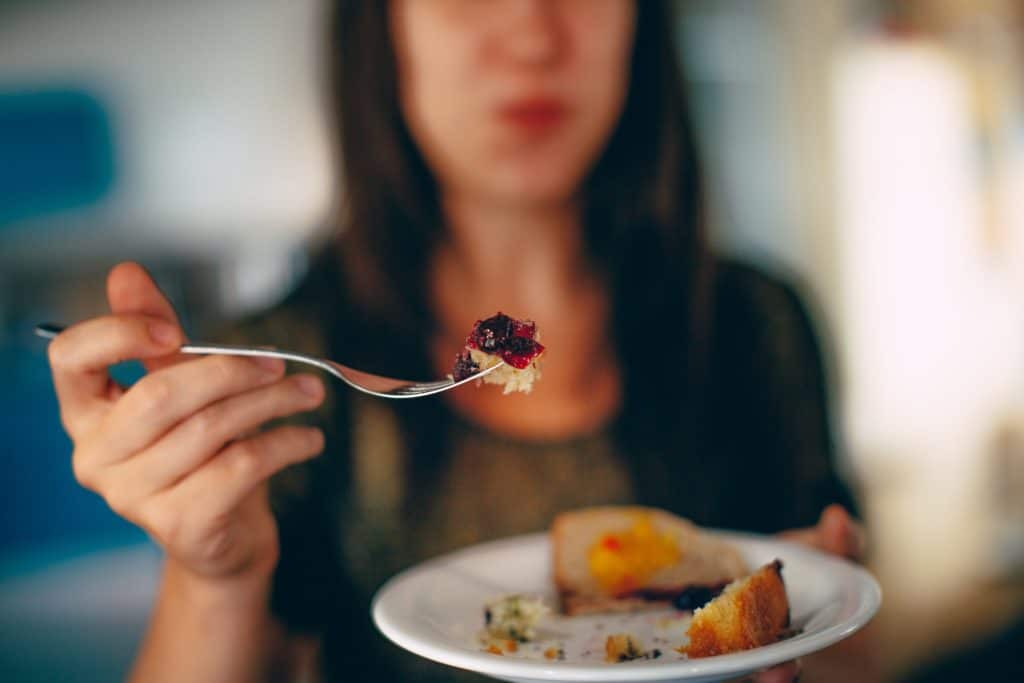Sleep is a crucial function that allows your body and mind to rejuvenate, allowing you to feel refreshed and alert when you wake up. A good night’s sleep is also advantageous to one’s general health and the avoidance of illness. The brain cannot operate properly if it does not get adequate sleep. As a result, it may be difficult to focus, think clearly, or retain information. Before you hit the covers, try changing your food consumption.
Every night, the average adult need seven to nine hours of sleep. To have a decent night’s sleep, you need to sleep for more than seven to nine hours. What you do—or don’t do—at bedtime and even in the hours leading up to bedtime may have an impact on how you look and feel when your alarm goes off in the morning.
Instead of going down the path of the sleep deprived, you can set yourself up for a better night’s rest by focusing on what you eat. Here are six foods that help you sleep better..
1. Tart cherrie:
Cherries are one of the few natural food sources of melatonin, the hormone that regulates sleep by controlling the body’s internal clock. Melatonin, tryptophan, potassium, and serotonin are four sleep-regulating chemicals found in cherries. Tart cherries are anti-inflammatory due to their high polyphenol content, and they also make a nice pre-bedtime snack due to their high fiber content and antioxidants such as vitamin C and vitamin E. When cherries aren’t in season, dried cherries or sour cherry juice can be consumed an hour before bedtime.
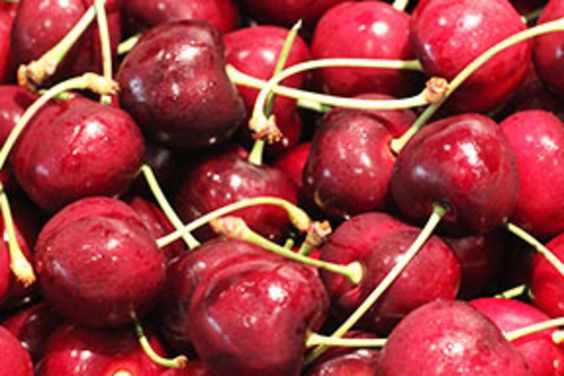
2. Fatty Fish:
Considering fatty fish like salmon and tuna are high in vitamin D and omega-3 fatty acids, two nutrients that help regulate serotonin, they aid sleep. Serotonin is primarily responsible for maintaining a consistent sleeping and waking cycle.
In addition to omega-3 fatty acids, fatty fish are also high in a number of other nutrients that aid in sleep. A 3-ounce fillet of wild Atlantic salmon, for example, has
• Potassium (416 mg)
• Magnesium (25 g)
• Phosphorus (170 mg)
• Zinc (0.54 mg)
• Vitamin B-12 (2.7 µg)
• Vitamin B-12 (2.7 µg)
• Calcium (10 mg)
Participants in a 2014 research who ate 300 g of Atlantic salmon three times a week for six months fell asleep faster and functioned better throughout the day than those who ate the same nutritional content of chicken, beef, or pig.
The advantages were attributed to a rise in vitamin D levels, as well as probable improvements in heart rate control due to the omega-3 content, according to the researchers.

3. Kiwifruit:
The relationship between kiwi eating and sleep has been investigated in certain studies. According to a brief research, those who ate two kiwi fruits one hour before bedtime for four weeks had improved overall sleep time and sleep efficiency, as well as taking less time to fall asleep.
If kiwi helps you sleep, it’s probably because it’s high in sleep-promoting substances including:-
• Melatonin
• Anthocyanin
• Flavonoids
• Carotenoids
• Potassium
• Magnesium
• Folate
• Calcium
Smoothies are a terrific way to include kiwi fruits into your diet in a natural way.
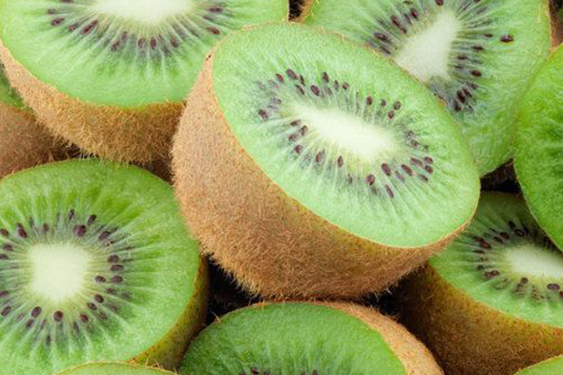
4. Chickpea:
Chickpeas may be the magic bean; they’ve been shown to help control hunger and are high in vitamin B6. Vitamin B6 aids in the production of serotonin, the feel-good hormone in your body.
Make some homemade hummus to store in the fridge for a late-night snack, or try integrating chickpeas into your meal.
5. Chamomile Tea:
A mug of chamomile tea before bed is a tried-and-true sleep treatment for a reason.
Because of a flavonoid called apigenin, it acts as a tranquillizer. The chamomile plant has relaxing effects on the brain and body, and a warm cup of (non-caffeinated) tea before bedtime might be just what you need to fall asleep peacefully and deeply.
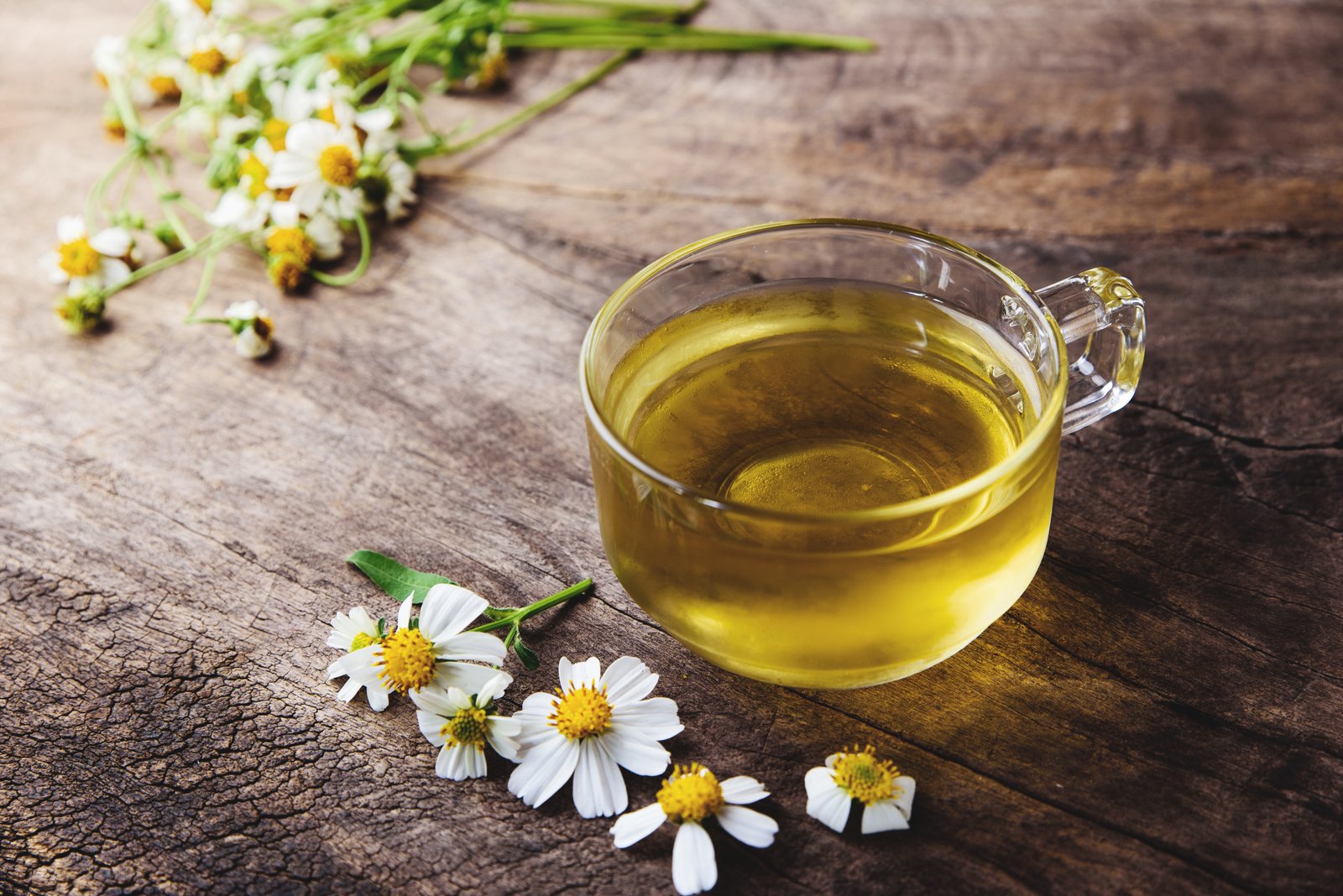
6. Pistachios:
Melatonin levels in pistachios are substantially greater than in other fruits, vegetables, cereals, legumes, and seeds. Pistachios are an elevated snack that contain not just melatonin, but also a multitude of vitamins and antioxidants that are beneficial to one’s overall health and well-being.
Pistachios are a sleep-inducing powerhouse, with protein, vitamin B6, and magnesium all contributing to better sleep. But don’t go crazy with the shell-cracking.an ideal serving size would be not more than a 1-ounce quantity of nuts. Anything high in calories has the potential to keep you awake in the long run.
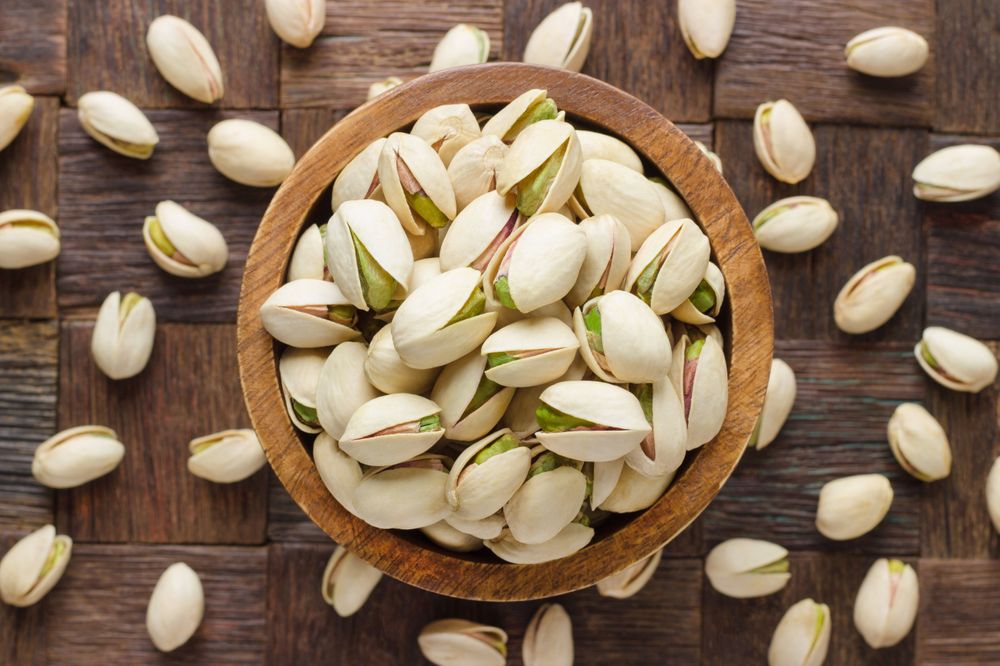
7.Almonds:
Melatonin, a hormone that assists in the control of the sleeping and waking cycle, is abundant in almonds. Whole almonds include 77 milligrams (mg) of magnesium and 76 milligrams (mg) of calcium in a 1-ounce (oz) meal, two minerals that may aid in muscular relaxation and sleep.
Almonds are a wonderful evening snack since they are high in healthy fats and low in sugar and saturated fats. Melatonin pills, which are commonly used by persons who suffer from jet lag, shift-work-related sleep problems, or insomnia, may be found at drugstores and natural-food stores. But why take a pill when these sleep-inducing foods are readily available? Also, grab some zzz’s.
Whether you’re having problems sleeping or just want to feel more energized in the morning, add these items in your diet and get some Zzzs.
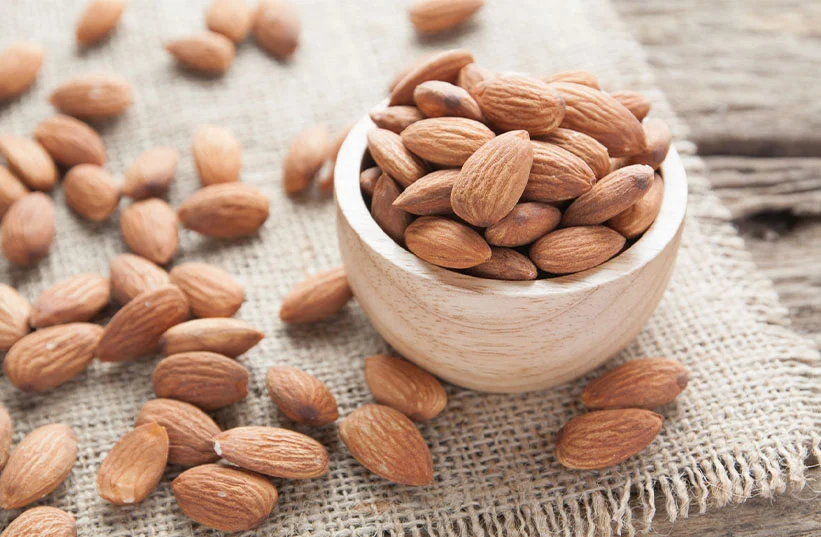
Conclusion
Most individuals have directly experienced how food and drinks may alter their energy and alertness, whether it’s a jolt after a cup of coffee or lethargy after a heavy meal.
Because both nutrition and sleep are complex, there is no one-size-fits-all solution or one meal that will guarantee greater sleep. The above mentioned food and drinks, on the other hand, may make it simpler to obtain a good night’s sleep if you also take care of yourself.

